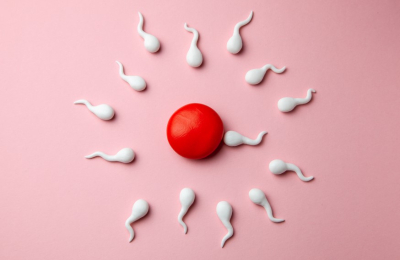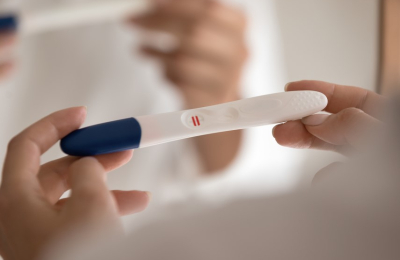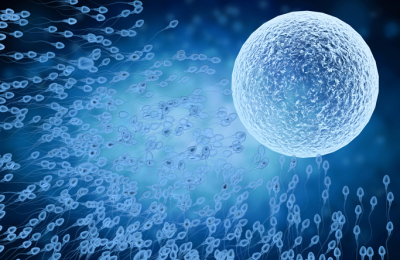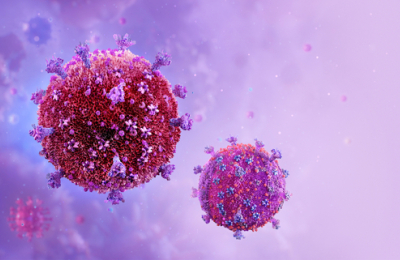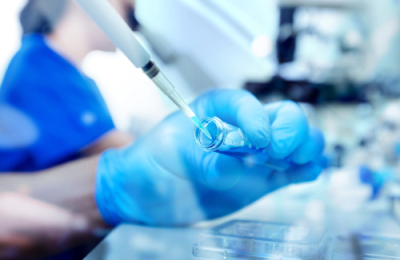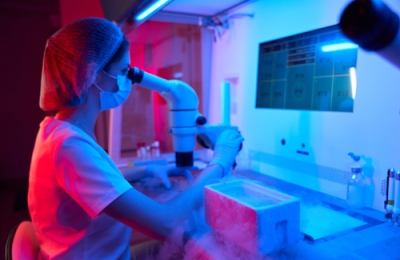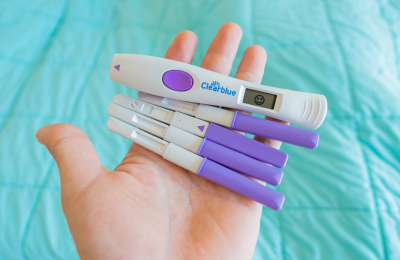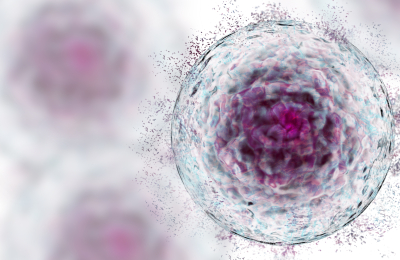
New research reveals that specific alterations in a particular protein prompt the hardening of the egg coat following fertilization.
Upon the fusion of sperm and egg during fertilization, the egg coat undergoes a stiffening process to prevent multiple sperm from fusing, which could result in an abnormal embryo development due to an excess of chromosomes. The Karolinska Institutet in Stockholm, Sweden conducted a study shedding light on the crucial role played by the cleavage of a protein known as ZP2 in this process.
Professor Luca Jovine, leading the research at the Karolinska Institutet's department of biosciences and nutrition, explains, "ZP2 is known to undergo cleavage after the initial sperm entry into the egg, and our study elucidates how this event toughens the egg coat, preventing further sperm entry—a phenomenon known as polyspermy, which is detrimental to embryo development."
Published in Cell, the study utilized advanced techniques such as X-ray crystallography and cryo-electron microscopy to analyze the three-dimensional structure of ZP2 and the egg coat pre- and post-sperm fusion. The findings revealed that cleaved ZP2 interacts with other molecules, leading to the formation of a barrier mesh that blocks additional sperm entry."We knew there was a correlation between these events, but we lacked a molecular mechanism tying them together," Professor Jovine remarked.
In many animal species, including mammals, modifications to the egg coat are irreversible, underscoring the significance of understanding the triggers for both infertility and contraceptive development.
Mutations in ZP genes have been linked to female infertility, and the newfound understanding of the role of ZP2 cleavage could offer insights into the underlying causes and diagnostic approaches. Moreover, there's potential for leveraging this process for contraceptive purposes. Further investigation is warranted to explore additional interactions among ZP proteins and whether manipulation of these interactions could provide control over egg hardening.
"Mutations in genes responsible for egg coat proteins can result in female infertility, and an increasing number of such mutations are being identified," Professor Jovine noted. "We anticipate that our findings will contribute to the diagnosis of female infertility and potentially aid in preventing unwanted pregnancies."





















